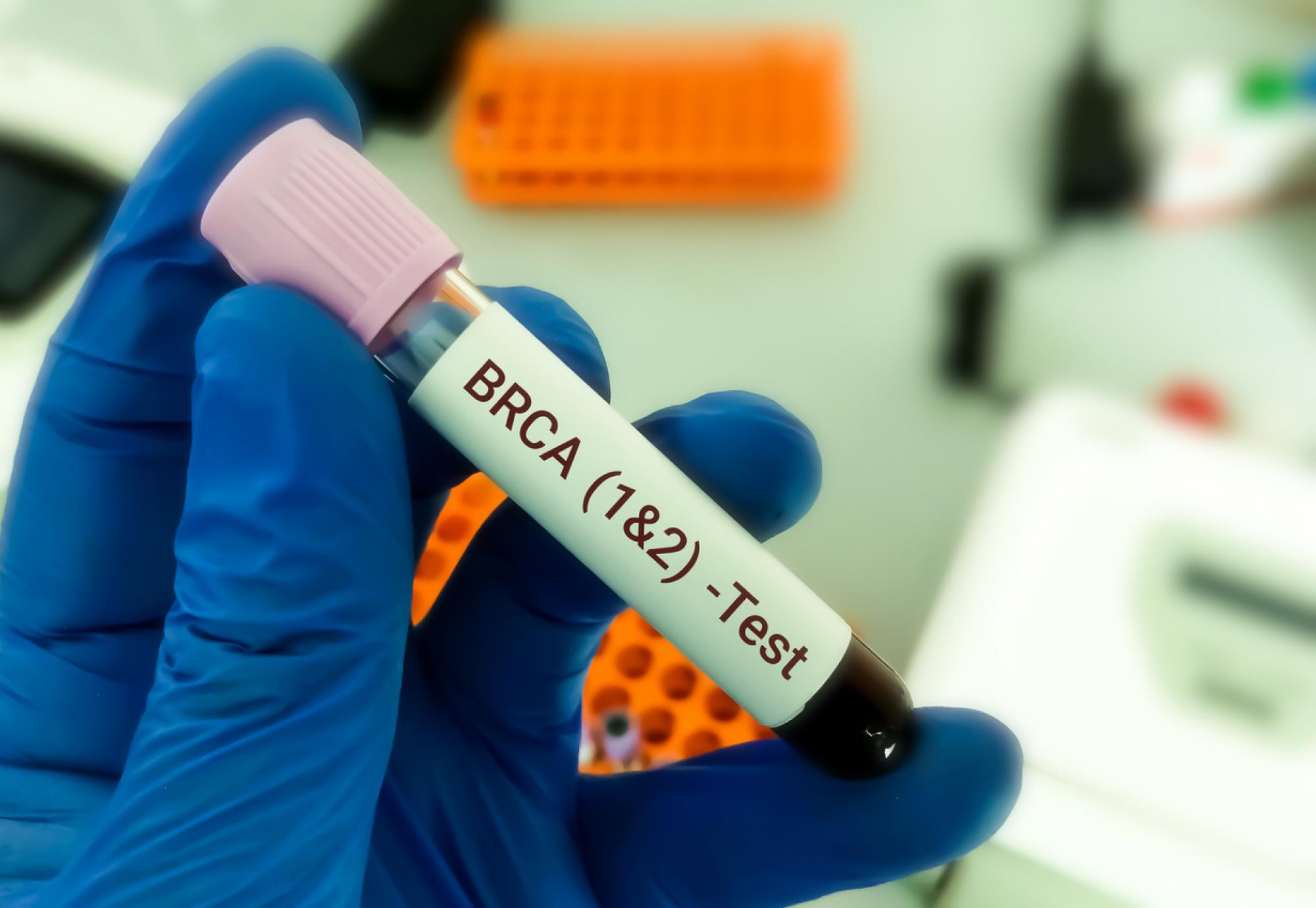Tens of thousands of people with an increased genetic risk of developing certain types of cancer are set to benefit from a new early testing programme from NHS England (NHSE).
People born with a fault in either their BRCA1 of BRCA2 gene are more likely to develop certain types of cancer, including breast, ovarian, prostate, and pancreatic.
The BRCA genes help repair damage to DNA and can protect the body against cancer – NHSE says those with Jewish ancestry are around six times more likely to carry a fault in one of these genes compared to the general population.
A new testing initiative will look to identify the people carrying an elevated risk as early as possible.
“…finding out early means people can get the support they need…”
Anyone over the age of 18 with Jewish ancestry will be offered an at-home saliva test which they can then send to a lab for analysis.
Thousands have already come forward during the scheme’s pilot phase, with this wider, national roll-out expected to reach approximately 30,000 people over the next two years.
Professor Peter Johnson, national clinical director for cancer at NHSE, emphasised that BRCA testing for the people most at risk can help save lives, especially through earlier access to surveillance and prevention services.
He said: “We know it can be daunting finding out whether or not you have an altered BRCA gene, and some people may feel they’d rather not know, but finding out early means people can get the support they need from the NHS.”
“This is a landmark moment…”
The programme is part of the NHS’s drive to catch cancer earlier when it is easier to treat.
Jnetics and Chai Cancer Care are two charities that have been running awareness campaigns in Jewish communities, with the aim of encouraging people to come forward for a free test.
Chai Cancer Care’s chief executive, Lisa Steele, said: “We want to ensure that this programme reaches as many people as possible. For more than 30 years Chai Cancer Care has been supporting members of the Jewish community affected by a cancer diagnosis.”
She continued: “This is a landmark moment as we can now harness developments in genetic screening to increase the chances of preventing the onset of cancer.”
NHSE says it is reaching record numbers for the amount of people being seen and treated for cancer, with 30% more people being treated last year than in 2015/16.
Almost three million have accessed potentially life-saving cancer checks in the last 12 months alone.
Nicole Gordon, chief executive at Jnetics, said: The initial pilot phase has proven to be a huge success and we are now able to roll this out more broadly and offer the Jewish community a huge opportunity to gain the knowledge that will help mitigate against the impact of hereditary cancer and ultimately save lives.”
Image credit: iStock



















